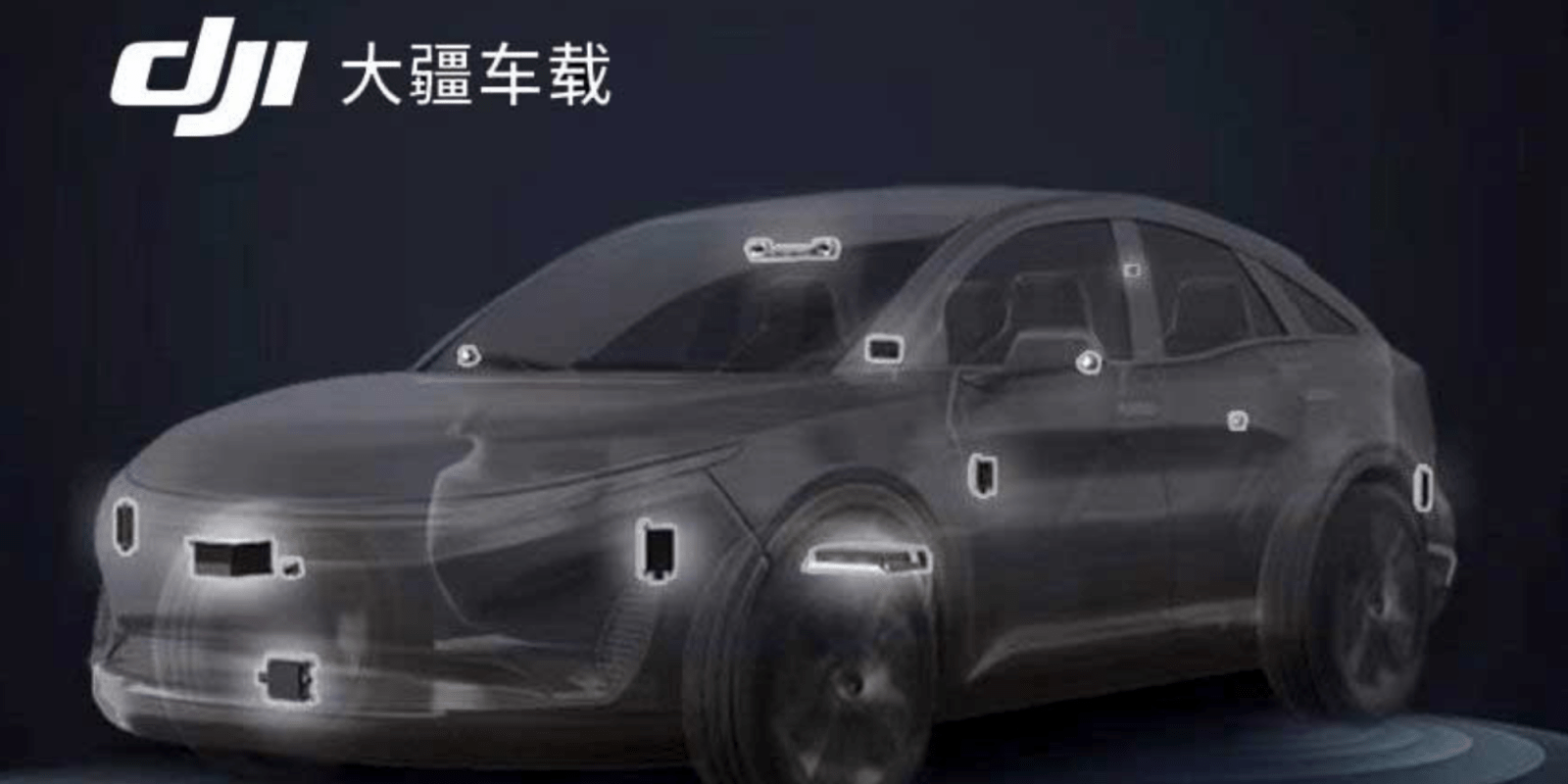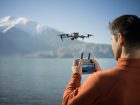
World champion drone manufacturer DJI has long said its tech activities extend well beyond UAVs. The Chinese giant seems to be proving that again in announcing the expansion of its DJI Automotive division producing key components for autonomous driving smart cars.
This week a top executive was quoted by the China Securities Journal clearly indicating the company wasn’t just kibbitzing when it launched DJI Automotive last April. Xie Tiandi, head of DJI’s automobile device unit, reportedly said the pace of research and development work has already necessitated a nearly 30% increase in its workforce, from an initial 700 to 1,000 people. He also said the car division had forged relationships with likeminded auto manufacturers – including Volkswagen China and SAIC-GM-Wuling – to scale up to mass production volumes of smart components required for increasingly autonomous driving capabilities.
As DroneDJ noted in covering DJI Automotive’s launch eight months ago, the company’s move into high-tech components for the lucrative, fast-growing smart car sector makes a lot of sense. The activity largely involves the kinds of cutting-edge cameras and other sensors that have made its drones so popular.
It also needs very powerful software to instantly crunch incoming data from those sources to orchestrate safe, precision calibration of the car’s movements. As a company whose estimated workforce of 14,000 is reportedly nearly 50% engineers, cranking out those kinds of information-processing applications is a routine part of work.
As the recent release of its Ronin professional cinematic camera, and upgrades of Action 2 and OM 5 products indicate, DJI has been working hard to diversify away from the “just a drone company” reputation for some time. The expansion of DJI Automotive is another major step in that effort. The unit’s website says the unit has already tested over 10 million intelligent system technologies, and received over 1,000 patents for autonomous driving applications.
The company currently features tech solutions catered to 0-80 km/h driving, one for up to 130 km speeds that can navigate cars on and off ramps, during lane changes, and in passing other vehicles. A third application is specialized for parking.
DJI Automotive’s relationship with SAIC-GM-Wuling, meanwhile, goes beyond just component supplying. The two groups are also working together on product research, development, and road testing of what they hope will eventually become an entire, integrated intelligent driving system.
Though much of DJI Automotive’s current production is first generation, Xie said its research focus is already farther down the road. He said the company is working on second-level tech whose capacities can be easily upgraded to third- and fourth-grades when regulations and infrastructure enabling autonomous driving are operational.
FTC: We use income earning auto affiliate links. More.





Comments